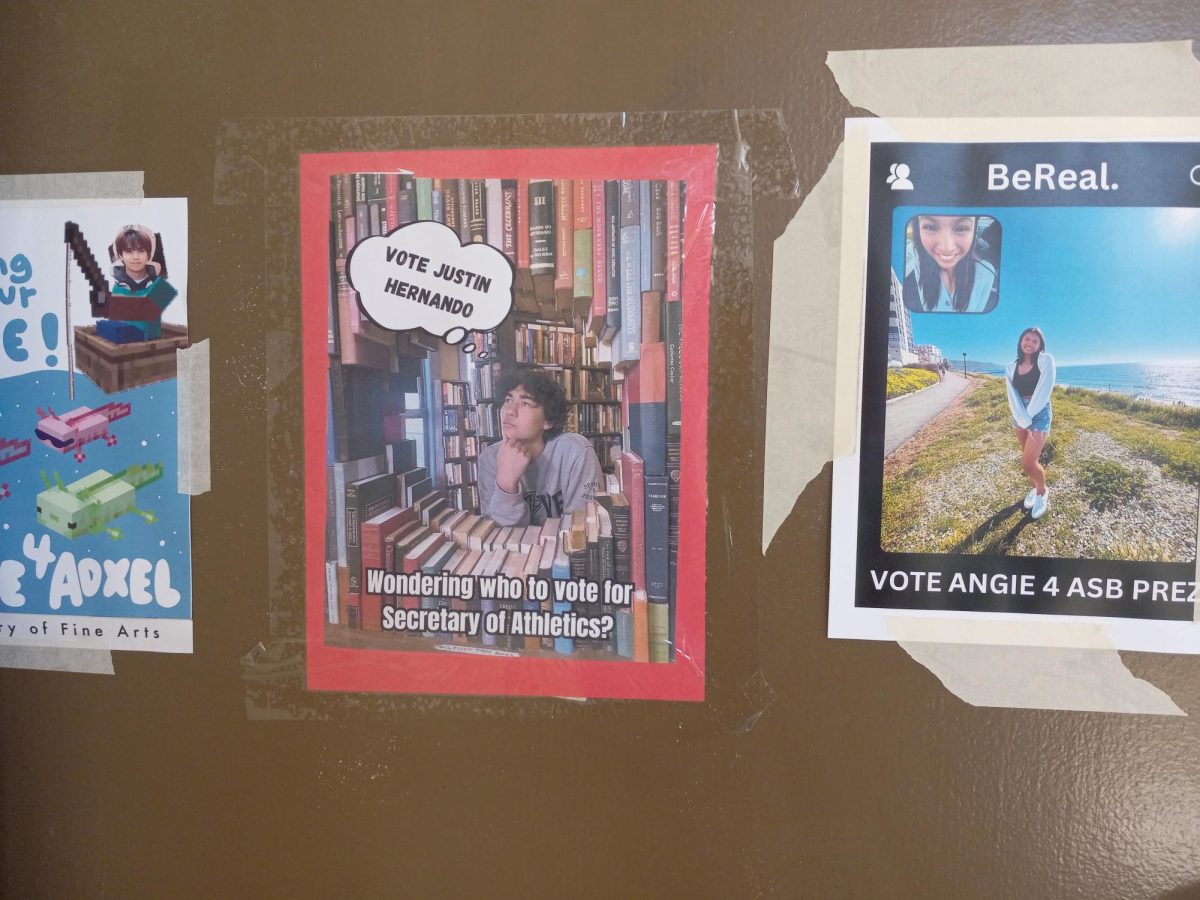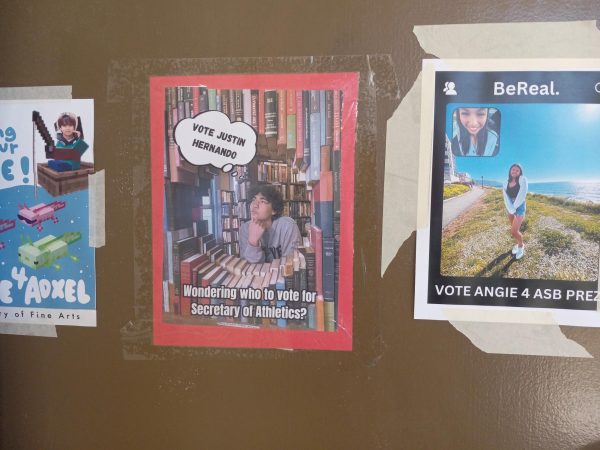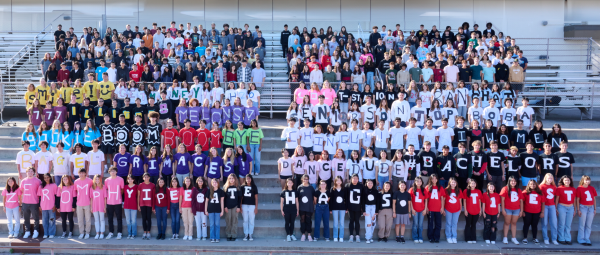Trump Revises Travel Ban
September 29, 2017
On Sunday, President Donald Trump issued a revision of the travel ban. This new version included North Korea, Venezuela, and Chad among the original countries, while Sudan was removed from the list. The ban will go into effect on October 18.
This is the third time a travel ban has been proposed by Trump, after the first two bans were blocked by the courts.
The first version of the ban issued January 27 restricted travel from Iraq, Libya, Sudan, Yemen, Somalia, Iran, and Syria. This also meant refugees fleeing Syria could not come to the US. This ban was stopped by US District Judge James Robart, who ruled that the executive order be halted nationwide.
When a revised version that dropped Iraq from its list was issued again in March, it was stopped again by Hawaii federal judge Derrick Watson.
Now a new revision of the ban has been issued. In a White House statement on Sunday, Trump argued that the restriction would be implemented to protect US citizens, saying that his primary job is “to ensure the safety and security of the American people, and in issuing this new travel order, [he is] fulfilling that sacred obligation.”
However, not all people see it this way. Since the ban’s purpose is to keep America safe by keeping out dangerous people, there are implications that the people of the countries listed under the ban are dangerous.
According to CNN, Venezuela’s foreign ministry argued that by putting their country on the list, the US government “seeks to stigmatize our nation with the pretext of the fight against terrorism by including it on a list draw up unilaterally in which other states are accused of being alleged promoters of this terrible scourge.”
The foreign ministry of Venezuela also described the ban as “incompatible with international law and “a form of psychological and political terrorism.”
While some people believe that these restrictions are justified, even necessary, other people believe that the decision represents our country poorly.
Ian Park (11) said, “[The ban] just shows how ignorant we, or our president, are. I hope it’ll be blocked… but it probably won’t be.” While Park believes that the ban shows America’s ignorance, Seongwon Hwang (9) thinks that the decision is “stupid because the ban affects people who are trying to escape a dictator, and seeing as America was founded on the principles of freedom and liberty, I very much doubt that the ban is going to be allowed to run unchecked.” Like previous bans, this current one could be halted. The fate of the ban is to be determined.












